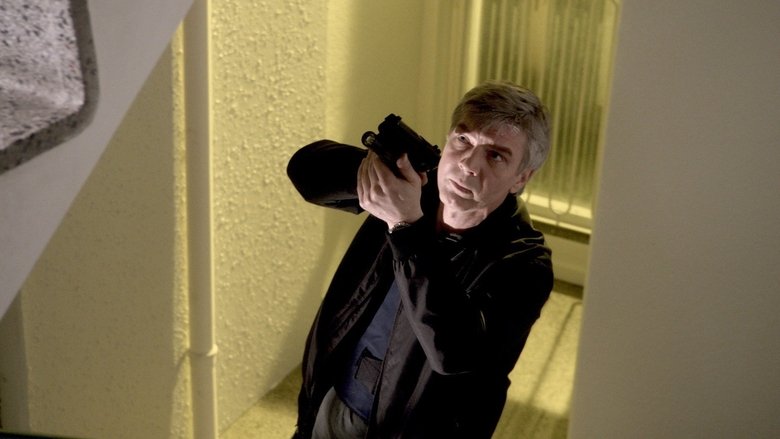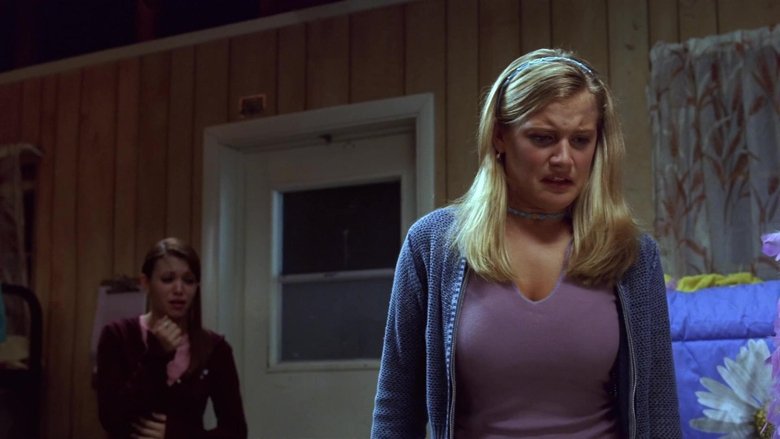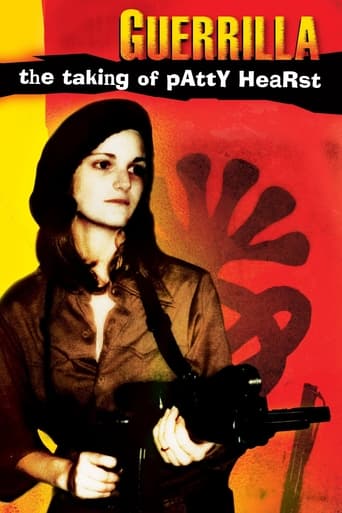

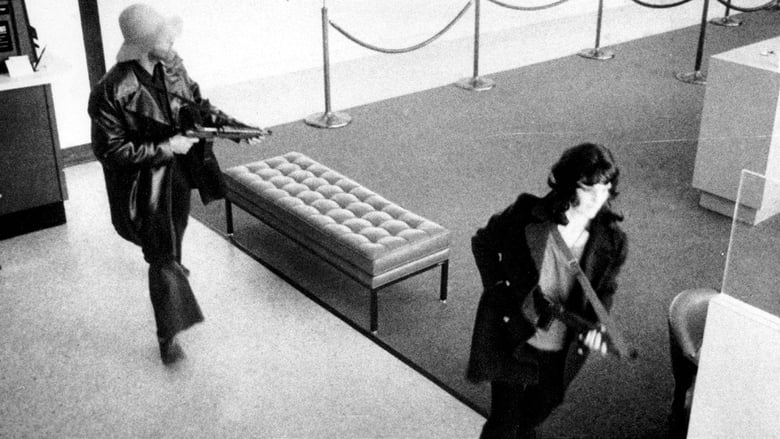
Guerrilla: The Taking of Patty Hearst
November. 26,2004A documentary on the curious American domestic terrorist group, infamous for the 1974 kidnapping of Patty Hearst.


Similar titles
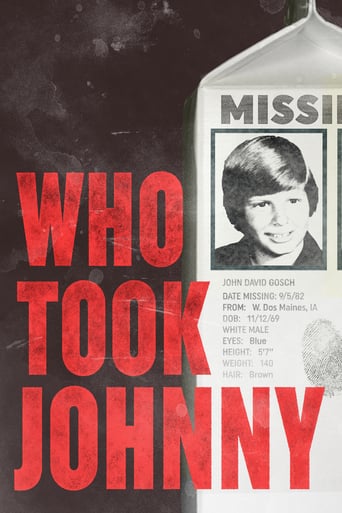
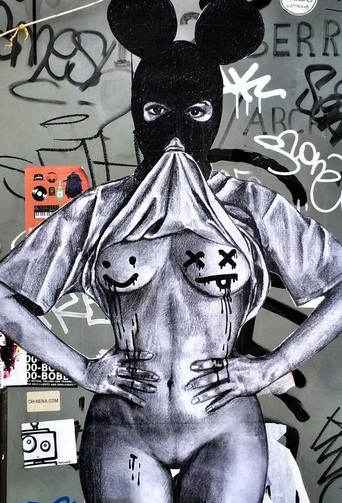
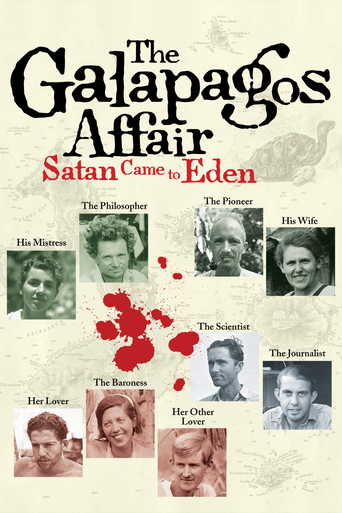


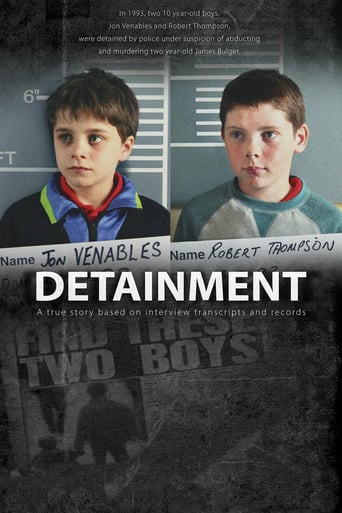
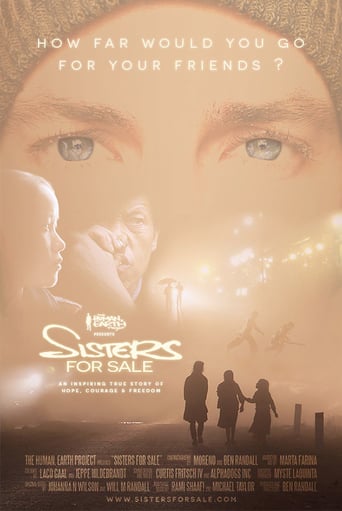
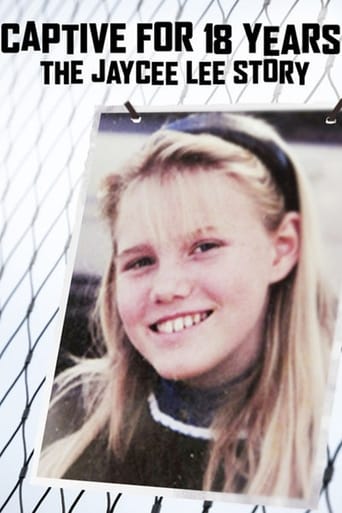
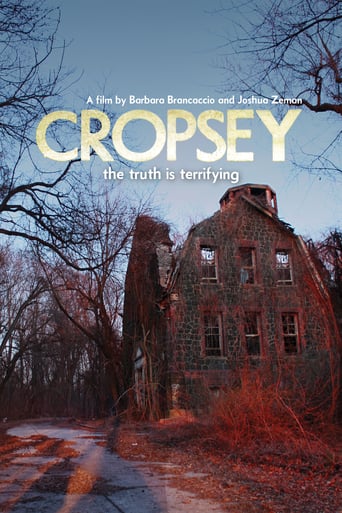
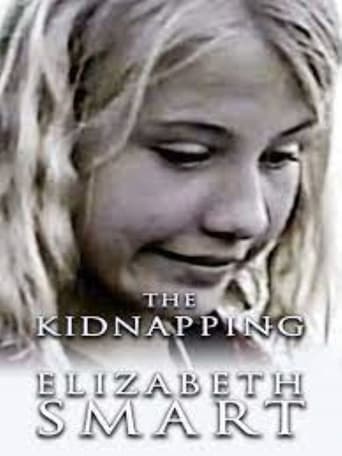
Reviews
In 1973, a left-wing militant group calling themselves the Symbionese Liberation Army shot and murdered black school superintendent Marcus Foster and wounded his deputy. Led by prison escapee and black political activist Donald DeFreeze, Foster's murder was a confused statement about fascism, apparently revealing Foster to be a pawn in what was essentially an ethically corrupt school system. The following year, they kidnapped newspaper heiress Patty Hearst from her home and caused a media sensation. The SLA made demands that her father Randolph Hearst pay to feed the starving, while the media storm gathered even more momentum. It reached its peak when recordings of Patty were released to the media declaring her sympathy towards the SLA, and her wish to join them.The 1970's was a time of revolution and a new political awareness. Like the Red Army Faction (or the Baader-Meinhof Group) in Germany, the children of the 1970's were children of Nazi's and, in America, of blatant political corruption (the Watergate scandal, for example). The SLA were inspired by Marxism, anti-Capitalism, and Che Guevara's revolution in Cuba, believing that America would benefit from an equal society, and from the eradication of corruption and racism. "Death to the fascist insect that prays upon the life of the people!" was one of their motto's, and although it is easy to sympathise with their relatively naive hopes and views, the SLA certainly went about their business in a strange way. They committed murder, bank robberies and kidnapping - acts that certainly aren't beneficial to the people.Sadly, the former SLA members that are interviewed in the film are not those that experienced the Patty Hearst scenario first hand (those people are either dead or in jail), so the interviewees don't draw from personal experiences and are quick to distance themselves from the darker aspects of the SLA. Hearst herself is sadly absent from the film, which is a shame, because as a result, she gets off relatively lightly. She is now a part-time actress and media darling, which is quite sickening given what she did. As to whether she was brain-washed or she was acting on her own accord is left unexplored. Robert Stone's documentary, is, however, well-constructed and contains plenty of fascinating archive footage. Plus, this is one of the most fascinating stories in America's recent history, and a poignant commentary on the role of the media in creating national treasures out of scandal and sensationalism.www.the-wrath-of-blog.blogspot.com
The Patty Hearst kidnapping doesn't really get coverage in the history books. The people who lived through that era remember it well, but for the rest of us, this is a well detailed account by most of the living participants, except Ms. Hearst herself.What will stick with me the most is hearing Patty Hearst's spoiled rich girl voice on the kidnapping recordings. Think Hillary Banks from the Fresh Prince of Bel Air. She literally says in one of them, "Tell mother to stop wearing black. It's not helping." I can see how she gradually lost sympathy with the American public. At the same time though, she also sounds like she is reading prepared statements.I'll give Patty a pass for doing what she needed to do to survive the kidnapping, and as you'll see, that was no small feat.
I enjoyed watching this documentary, which brought back poignant memories. "Death to the fascist Insect that Preys upon the Life of the People!" I love it. One may disagree with the ideas, methods, and actions of the Symbionese Liberation Army, but some of the things the ragtag group had to say were undeniably true. Most educated young people then were well aware of the fact that this country was indeed a racist, fascist police state, but little did we know just how much worse it could get, and ultimately, without so much as a collective whimper of protest. Today, as materialistic Generation X enthusiastically supports each new erosion of our remaining freedoms, the counterculture's loftiest ideals long ago contemptuously discarded or replaced with politically correct hypocrisy of the worst sort, it is clear just what we were fighting against, although most of us sold out as soon as our first child was born. Even the totally corrupt WWII generation looked "great" in comparison, halting the murderous advance of the Axis powers, developing nuclear weapons, rockets, and jet aircraft, and following it up by sending us to the Moon. A very tough act to follow, nonetheless, the Baby Boom generation entered adulthood with a great education and lots of energy and promise but were simply unable to deliver the goods. Put in simple terms, you either sold out and became a working cog or your friends and neighbors ultimately betrayed you, with the cops waiting to persecute and harass you and beat your brains in the moment you stepped too far out of line. Nobody but the most naive persons really believed that the conventional life was born of personal choice, and only the most independent, tough, and resourceful individuals were able to buck the unrelenting pressure to conform to bourgeois values and retain a modicum of their past ideals. In contrast, the false sense of status quo certainty so pervasive today has yet to be seriously challenged. Pampered and relatively ignorant Generation X has no idea what it means to be forcibly kept down and the torch passed to your little brothers and sisters, instead. All that aside, this documentary is a very good effort. The scenes from yesteryear remind us of both the philosophical ambiguities and the stark realities of that time. The memories of two surviving members of the SLA and a thoughtful past editor at the San Francisco Chronicle form the backbone of the film's narrative. This, the archival footage, and a set of no-nonsense audio tapes are its primary strengths as documentary. The communiques from Donald DeFreeze, or "Cinque", self-appointed General Field Marshall of the United Federated Forces of the Symbionese Liberation Army, are particularly eloquent and biting. His characterizations of the Hearst media empire as one of the largest propaganda institutions of the "fascist militarist corporate dictatorship under which we live" hit home effectively. One drawback, however, is that the surviving SLA members interviewed for the film try to distance themselves from the violent actions of the group and it comes off as self-serving and insincere.My primary criticism, however, is that Patty Hearst is almost given a pass in that the director did not thoroughly explore her strange transformation from sheltered heiress to committed revolutionary and back again to sheltered heiress and slick little phony. After her apprehension, upon the advice of her lawyers and under the renewed influence of her family, she began to claim that she'd never committed any antisocial acts as "Tania" that weren't forced upon her by her comrades in the SLA, although clearly, this position was at odds with the record. The filmmaker more or less allowed the viewer to form their own conclusions, which may account for some of the downright silly reactions heard by some of the documentary's younger viewers who see Patty as a heroine rather than a chameleon changing perspectives and personalities as easily as donning a new set of clothes. She not only renounced and insulted her parents and her upbringing, but ultimately regarded in similar fashion the memories of her brutally slain comrades in arms. Obviously, the jury didn't buy it and she was sentenced to seven years in prison for voluntary participation in the Hibernia Bank robbery. That she was given clemency by President Carter after serving less than two years of her sentence, allowed to publish a book and profit from it handsomely, and later given a pardon by President Clinton, merely underscores the fact that here we have a very privileged person, indeed. The most ironic thing is that her parents are now both deceased, and presumably, she and her sisters more or less control the media empire built up by her grandfather and handed down to them by her dad. In effect, therefore, she has become part and parcel of "the fascist insect that preys upon the life of the people."

